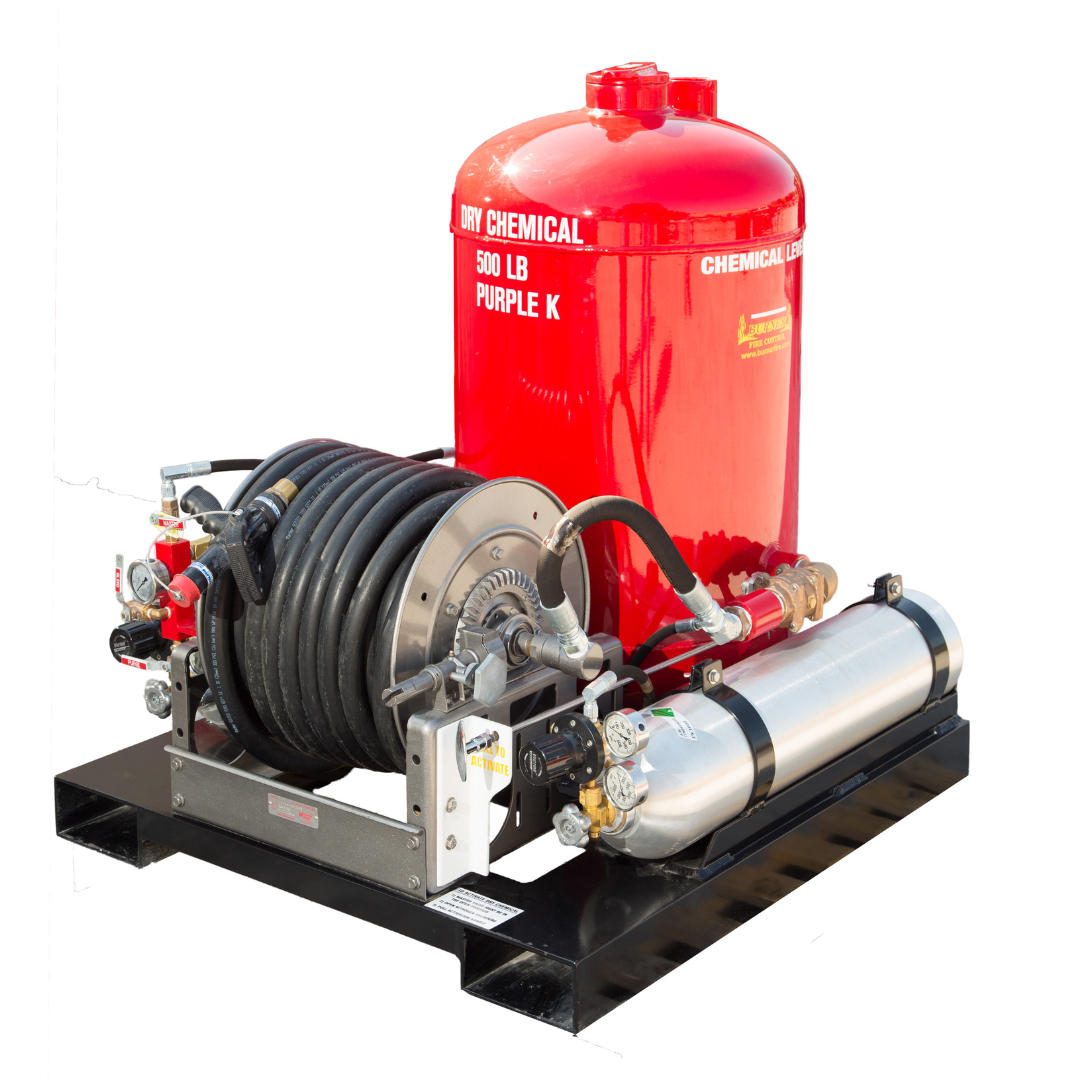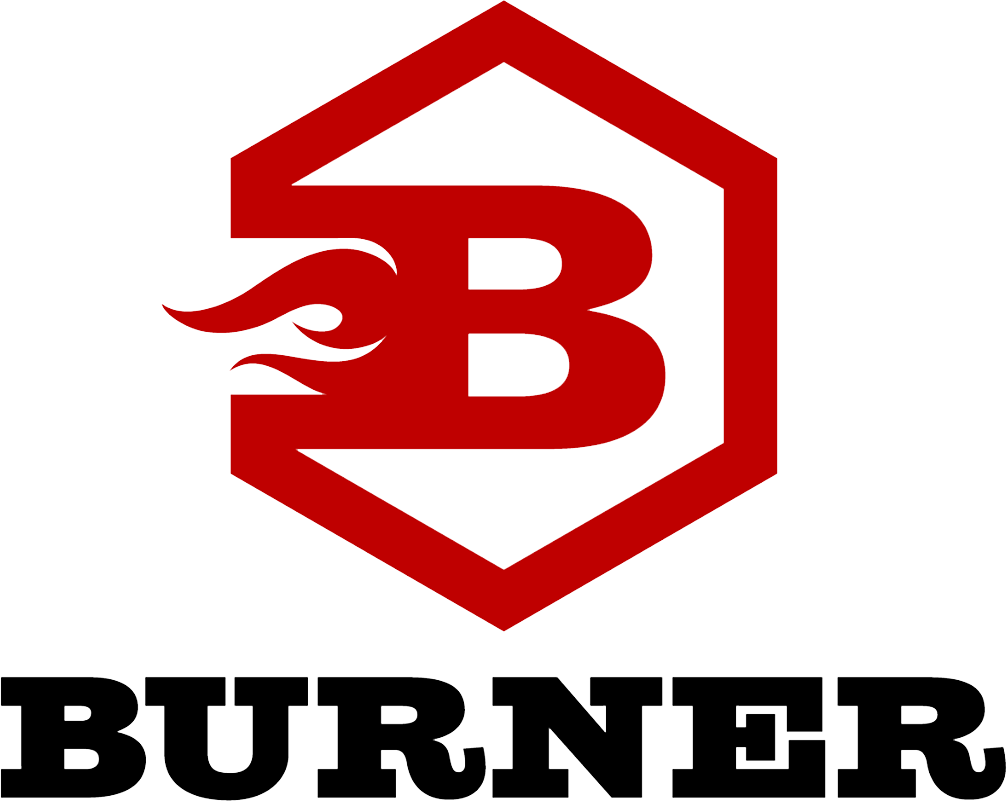3 min read
The Importance of Fire Suppression Systems in LNG Facilities
By: admin Mar 12, 2024 9:57:56 AM

Exploring the crucial role of fire suppression systems in ensuring safety in LNG facilities.
Understanding the Risks of Fire in LNG Facilities
Liquified Natural Gas (LNG) facilities are prone to fire risks due to the flammable nature of LNG. The presence of flammable gas in large quantities increases the potential for fire incidents. It is essential to understand these risks to effectively mitigate them.
One of the major risks in LNG facilities is the potential for leaks. LNG is stored and transported at extremely low temperatures, and any leaks can rapidly vaporize and form a flammable gas cloud. These gas clouds can ignite if exposed to an ignition source, resulting in a catastrophic fire.
Another risk factor is the possibility of equipment failure or malfunction. LNG facilities have numerous complex systems and equipment, such as storage tanks, compressors, and pipelines. If any of these components fail, it can lead to a fire or explosion.
Additionally, human error or negligence can also contribute to fire risks in LNG facilities. Proper training and adherence to safety protocols are crucial to minimize the chances of fire incidents.
Understanding these risks is the first step towards implementing effective fire suppression systems in LNG facilities.
Types of Fire Suppression Systems for LNG Facilities
There are several types of fire suppression systems that can be implemented in LNG facilities to mitigate fire risks.
One commonly used system is the dry chemical fire suppression system. This system utilizes dry chemical agents, such as monoammonium phosphate or sodium bicarbonate, to suppress fires. The dry chemical agents work by interrupting the chemical reaction of the fire, effectively extinguishing it.
The choice of fire suppression system depends on various factors, including the specific requirements of the LNG facility and the type of fire risks present. It is crucial to consult with fire protection experts to determine the most suitable system for a particular facility.
Benefits of Implementing Fire Suppression Systems
Implementing fire suppression systems in LNG facilities offers several benefits.
First and foremost, these systems play a crucial role in protecting lives and ensuring the safety of personnel working in LNG facilities. By quickly suppressing fires, these systems help prevent injuries and fatalities.
Fire suppression systems also help minimize property damage. Fires in LNG facilities can result in significant damage to equipment, structures, and other assets. The prompt response of fire suppression systems can help contain fires and prevent them from spreading, reducing the extent of damage.
Furthermore, the implementation of fire suppression systems demonstrates a commitment to safety and regulatory compliance. Compliance with fire safety regulations is essential for LNG facilities to operate legally and maintain public trust.
Lastly, the presence of effective fire suppression systems can also lead to lower insurance premiums. Insurance providers often offer reduced rates to facilities that have proper fire protection measures in place.
Overall, the benefits of implementing fire suppression systems in LNG facilities are far-reaching, encompassing both safety and financial aspects.
Key Considerations for Choosing the Right Fire Suppression System
Choosing the right fire suppression system for an LNG facility requires careful consideration of various factors.
Firstly, it is important to assess the specific fire risks present in the facility. Different types of fires may require different suppression methods. For example, flammable gas fires may require specialized systems designed to handle such incidents.
The size and layout of the facility also play a crucial role in determining the most suitable fire suppression system. Large facilities may require a combination of different systems to ensure comprehensive coverage.
Maintenance requirements should also be taken into account. Some fire suppression systems may require regular inspections, testing, and maintenance to ensure their effectiveness. It is important to consider the availability of resources and expertise for ongoing system maintenance.
Additionally, compliance with local regulations and industry standards is essential. Fire suppression systems must meet the required codes and standards to ensure they are effective and legally compliant.
Consulting with fire protection experts and conducting a thorough risk assessment can help determine the most appropriate fire suppression system for an LNG facility.
Maintenance and Training for Effective Fire Suppression
Maintenance and training are crucial aspects of ensuring the effectiveness of fire suppression systems in LNG facilities.
Regular maintenance and inspections of fire suppression systems are necessary to identify and address any issues or malfunctions. This includes checking for leaks, monitoring pressure levels, and ensuring the proper functioning of all system components.
Training personnel in the proper use and maintenance of fire suppression systems is equally important. Employees should be trained on the operation of the system, including how to activate it in case of a fire emergency. Regular training sessions can help reinforce safety protocols and ensure that personnel are prepared to respond effectively in the event of a fire.
Furthermore, conducting drills and exercises can help test the readiness of the fire suppression systems and identify any areas for improvement. These drills simulate real-life fire scenarios and provide an opportunity to assess the effectiveness of response plans.
By prioritizing maintenance and training, LNG facilities can ensure that their fire suppression systems are always ready to respond to fire incidents effectively.
Related Posts
FDIC Fire Show attracts the latest in Fire Protection
Burner exhibits Fire Protection line at FDIC Fire Show in Indianapolis
Burner Fire Control signs MSA with GE Renewable Energy for fire equipment inspection, maintenance and reporting services
Burner Fire Control has entered into an Master Services Agreement with GE Renewable Energy to...
Burner Fire Control Completes Fire Safety Equipment Inspections for Kosmos-Trident Equatorial Guinea
After the acquisition of Hess Corporation’s interest in the Ceiba Field and Okume Complex assets in...


